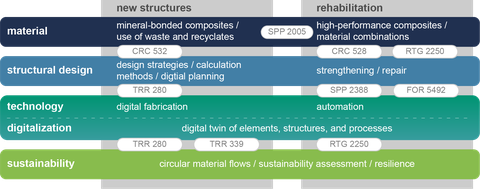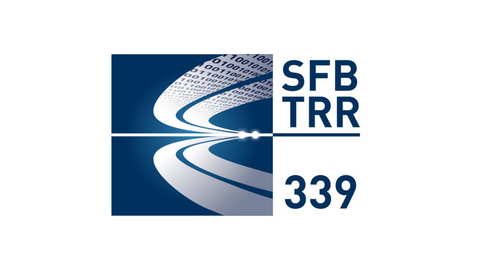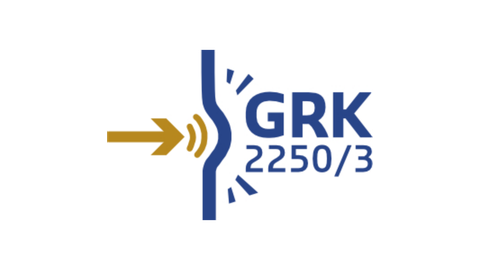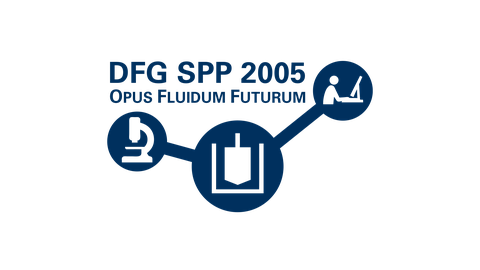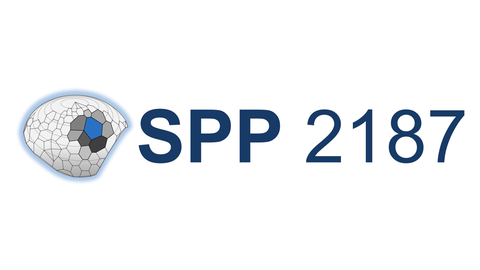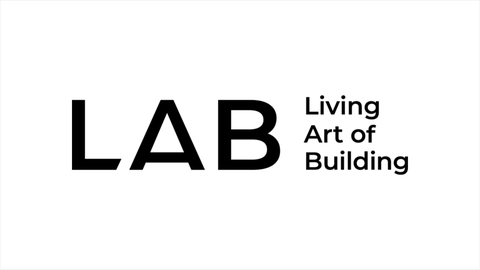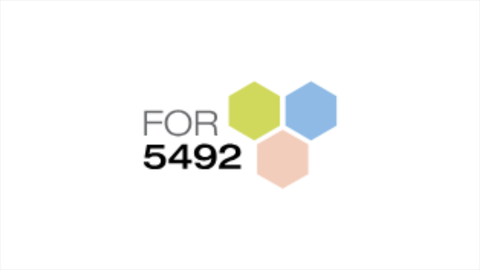Previous and ongoing collaborative work
CARE's collaborative efforts are grounded in several foundational projects, both completed and ongoing.
Collaboration in civil engineering was initiated through the simultaneous establishment of thematically related DFG Collaborative Research Centers (CRCs): CRC 528 'Textile Reinforcement for Structural Strengthening and Repair' (1999-2011) at TU Dresden (TUD) and CRC 532 'Textile-Reinforced Concrete – Development of a New Technology' (1999-2011) at RWTH Aachen. This collaboration evolved into applied research through the large-scale initiative Carbon Concrete Composite (C3) (2014-2021) funded by the Federal Ministry of Education and Research. Initiated and led by TUD with RWTH researchers, this project has expanded into a Germany-wide network, now consisting of more than 150 partners from academia, industry, and authorities, boosting the transfer of scientific findings into construction practice.
Since 2020, TUD and RWTH researchers have collaborated on CRC/Transregio (TRR) 280 ‘Design Strategies for Material-Minimized Carbon Reinforced Concrete Structures’ (Speaker PI Marx). Drawing insights from biology, mathematics, and art, the project explores new design principles for mineral composite structures.
- CARE benefits from the substantial work carried out in TRR 280, and the synergy between these initiatives is expected to significantly boost their successes, specifically in achieving CARE’s Objectives O1 and O2 – climate neutrality and resource efficiency in construction.
Initiated in 2022, the Aachen-Dresden TRR 339 'Digital Twin of the Road System' (Co-speaker PI Blankenbach) integrates material and structural designs with dynamic traffic data to enhance the sustainability and efficiency of road infrastructure.
- This endeavor aligns with CARE's Objectives O3 (increasing productivity) and O5 (resilience and adaptivity to climate change), providing an excellent basis for CARE's explorations in digitalizing the entire value chain.
Since 2017, the DFG Research Training Group (RTG) 2250 ‘Mineral-bonded Composites for Enhanced Structural Impact Safety’ at TUD (Speaker PI Mechtcherine) has been investigating how to enhance the impact resistance of structures using thin layers of mineral-based composites.
- These cost-effective and environmentally friendly methods align closely with CARE's mission, highlighting the role of innovative materials for enhancing resilience (O1, O2, and O5).
Launched in 2018, SPP 2005 'Opus Fluidum Futurum – Rheology of Reactive, Multiscale, Multiphase Construction Materials' (Speaker PI Mechtcherine) is developing a robust scientific framework for rheology-based construction processes, supporting innovative construction technologies and sustainable materials.
- These materials are foundational for CARE's Objectives O1 and O3.
Since 2022, SPP 2388 'Hundred plus – Extending the Lifetime of Complex Engineering Structures through Intelligent Digitalization' (Speaker PI Marx) focuses on digital models and structural condition indicators.
- These underpinning CARE's goals to enhance the longevity of structures (within O2) and advance digital methodologies (within O2 and O3).
Launched in 2019 with several CARE PIs involved, SPP 2187 ‘Adaptive Modularized Constructions Made in Flux’ emphasizes modularization and scalable manufacturing.
- They provide a solid base for CARE's efforts on modular structures (within O2) and digitalization in manufacturing (O3). Additionally, CARE introduces circularity by designing adaptive modular structures for easy disassembly post-service, enhancing sustainability.
The Federal Research Center Living Art of Building LAB , with several CARE PIs involved, aims to become a hub for advancing sustainable construction. While promoting environmentally and socially responsible constructions, LAB adopts a broad, material-open approach that includes urban planning, energy solutions, construction physics, and other subjects that extend beyond the CARE research objectives.
- It provides valuable interfaces with these highly relevant fields. We plan intense, multifaceted collaboration with a strong emphasis on transferring knowledge into practice.
The DFG Research Unit FOR 5492 ‘Polytope Mesh Generation and FEA Methods for Problems in Solid Mechanics’ (since 2024, PI Klinkel, PI Kobbelt) focuses on recent advances in 3D body digitization and digital fabrication, leading to significant growth in the geometric complexity of workpieces handled in automated CAD/CAE/CAM workflows.
- This research is relevant to CARE Objective O3, as it contributes to enhancing productivity in digital manufacturing.

